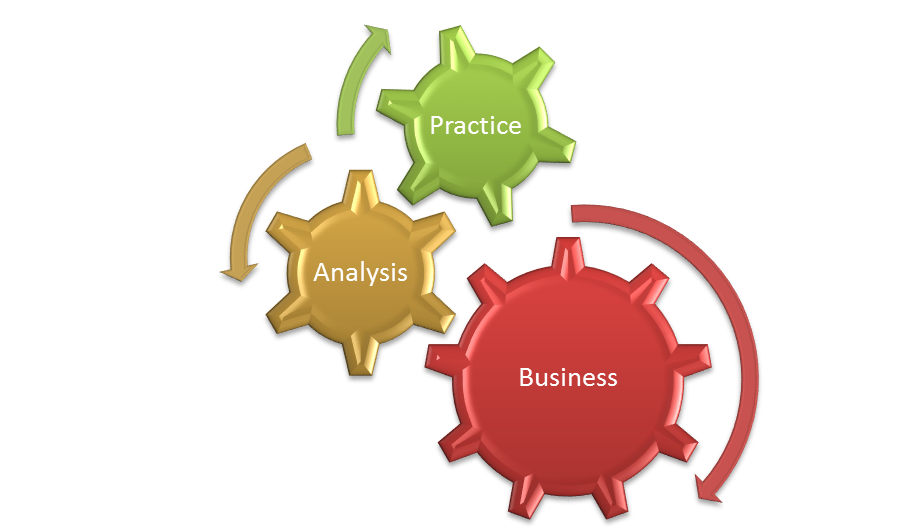Middlesbrough, located on the south bank of River Tees, was founded in 1830 and is an industrial town governed by the Middlesbrough Borough Council. In 1968, the Middlesbrough merged with a number of others boroughs forming the County Borough of Teesside which later absorbed into the county of Cleveland in 1974 by the county of Cleveland. In 1996, the County of Cleveland stopped to exist and the Middlesbrough Borough Council became a unitary authority.
In 1871 the census of England & Wales, Middlesbrough had the biggest percentage of people from Ireland. This was equal to 9.2% of the total district population. As Middlesbrough was developing and industrialising, man force was required in abundance.This led to a deluge of immigrants from Ireland, Scottland and Wales to Middlesbrough This attracted many people from Ireland, who were in much need of work.
Transport
Middlesbrough is served both by train services as well as road transport. Locally, the bus services are provided by Arriva North East and Stagecoach whereas the National Express and Megabus operate on long distances.
The Northern and TransPennine Express offer train services throughout the north-east region including to Newcastle, Darlington, Sunderland, Redcar and Whitby.
Train service is provided to Leeds, York, Liverpool and Manchester by the TransPennine Express.
The major roads that serve Middlesbrough include the A171, A172, A19, AA19, and A66
The Stockton and Thornaby Electric Tramways Company, Imperial Tramways Company, Middlesbrough Corporation Tramways, Tees-side Railless Traction Board and Teesside Municipal Transport used to serve Middlesbrough in the past.
Landmarks
Some famous landmarks in the city of Middlesbrough are:
- Acklam Hall – built 1678, A171, A172 and A174.
- Transporter Bridge – 850 feet long, 225 feet high
- Tees Newport Bridge – Opened in 1934
- Middlesbrough Town Hall – built between 1883 and 1889
- Carnegie Library – built 1912, refurbished in 2006

 ENQUIRE
ENQUIRE
 REQUEST CALLBACK
REQUEST CALLBACK
 GET A FREE QUOTE
GET A FREE QUOTE


 Introduction
Introduction Course Details
Course Details Course Content
Course Content





 London
London